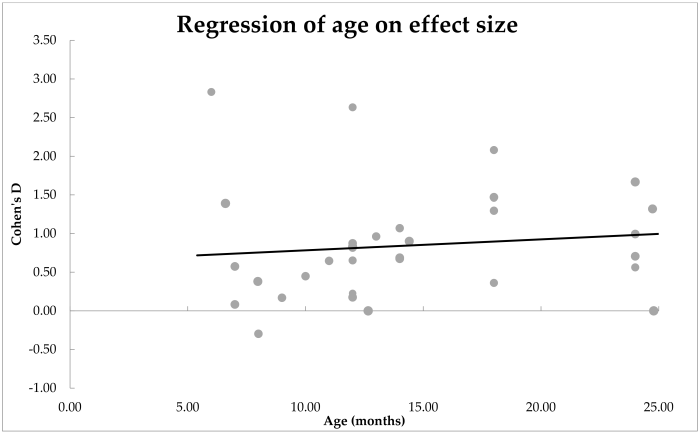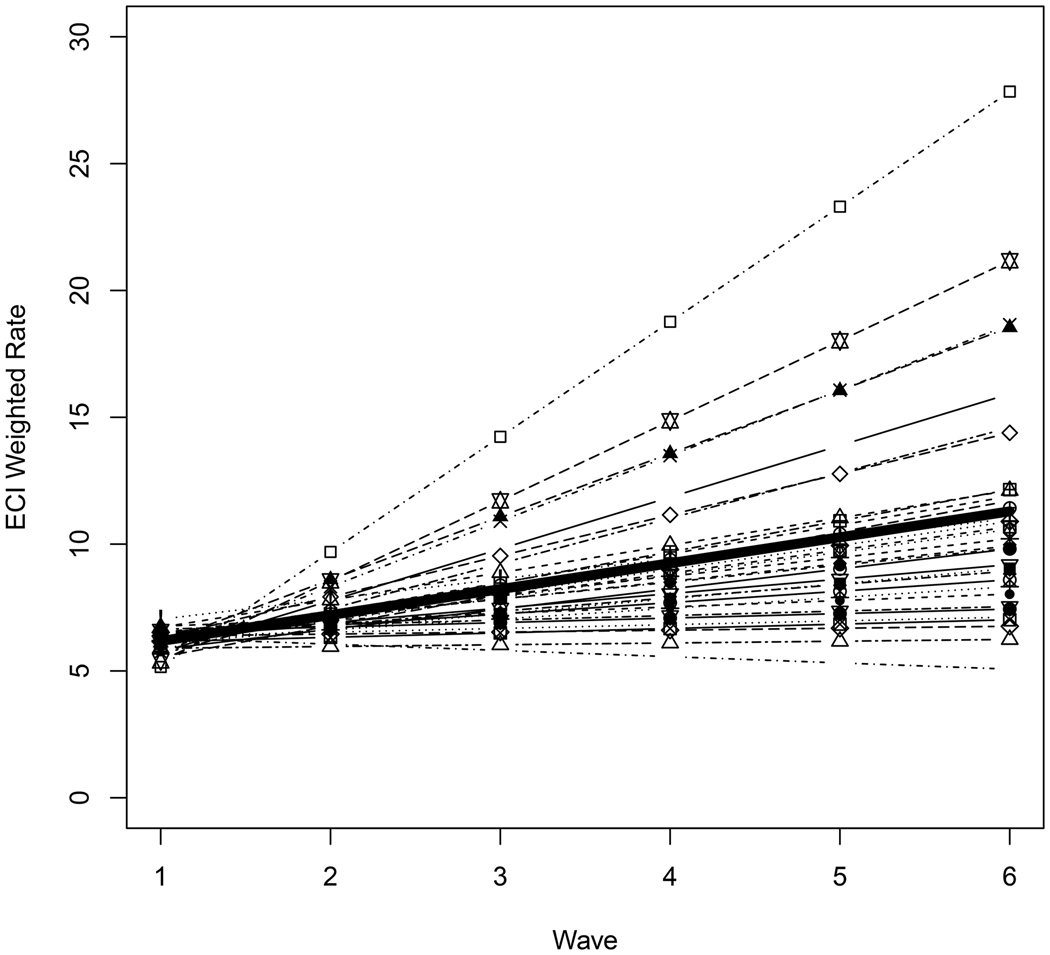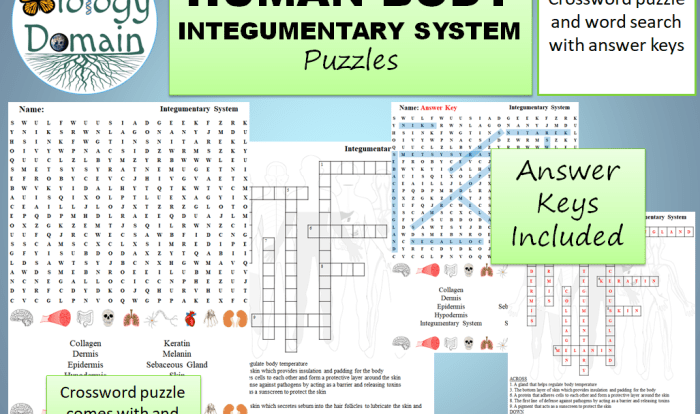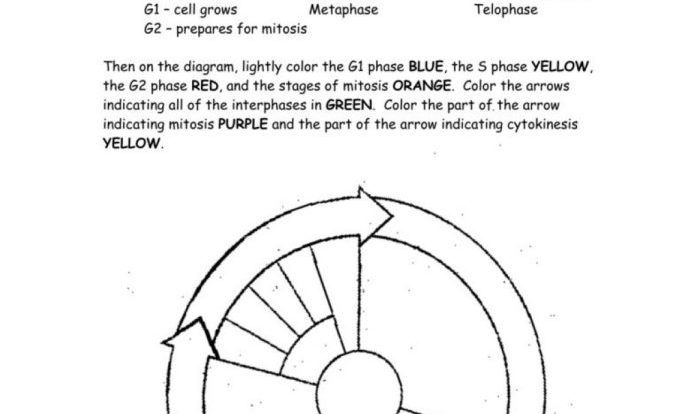Chapter 16 evolution of populations vocabulary review answer key – Delve into the intricacies of evolution with Chapter 16: Evolution of Populations Vocabulary Review Answer Key. This comprehensive resource unravels the fundamental concepts, mechanisms, and case studies that shape our understanding of population evolution.
Through a journey of scientific exploration, we will uncover the principles of natural selection, the significance of genetic variation, and the diverse forces that drive evolutionary change. By examining real-world examples, we gain insights into the dynamic processes that mold populations over time.
Evolution of Populations

Evolution is the process by which the genetic composition of a population changes over time. It is driven by a number of factors, including natural selection, genetic drift, gene flow, and mutation.
Vocabulary Review, Chapter 16 evolution of populations vocabulary review answer key
| Term | Definition | Example |
|---|---|---|
| Allele | One of two or more alternative forms of a gene | The allele for brown eyes is dominant to the allele for blue eyes. |
| Gene pool | The total collection of alleles in a population | The gene pool of a population can be affected by genetic drift, gene flow, and mutation. |
| Hardy-Weinberg equilibrium | A state of genetic equilibrium in which the frequencies of alleles and genotypes in a population remain constant from generation to generation | Hardy-Weinberg equilibrium is only achieved under certain conditions, such as no mutation, no gene flow, and no genetic drift. |
| Natural selection | The process by which individuals with certain traits are more likely to survive and reproduce than individuals with other traits | Natural selection can lead to the evolution of new traits that are beneficial to a population in its environment. |
Essential Questionnaire: Chapter 16 Evolution Of Populations Vocabulary Review Answer Key
What is the significance of genetic variation in evolution?
Genetic variation provides the raw material for natural selection to act upon, allowing populations to adapt to changing environmental conditions.
How does genetic drift affect allele frequencies?
Genetic drift can lead to random changes in allele frequencies, particularly in small populations, potentially leading to the loss of genetic diversity.
What are the conditions necessary for Hardy-Weinberg equilibrium?
Hardy-Weinberg equilibrium requires no mutation, no gene flow, random mating, and no natural selection.



